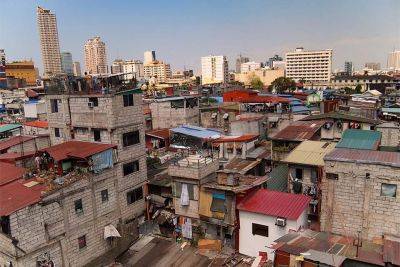The next 50 years of Philippine labour migration
July 24, 2024
MANILA – Last week, I spoke at the conference entitled “The Past, Present, and Future of Philippine Labour Migration: 50 Years and Beyond” organized by the Philippine Migration Research Network. Fifty years ago in 1974, the Philippines enacted the Labour Code, paving the way for the country’s participation in international labour migration. Since then, national agencies such as the Philippine Overseas Employment Authority were established to facilitate the orderly deployment of overseas Filipino workers (OFWs). Today, multiple agencies governing diverse aspects of labour migration are now placed under one roof—the Department of Migrant Workers (DMW), which has been operating for two years now.
The migrant labour policies of the past 50 years have been consequential not only for the lives of individual migrants themselves but the entire fabric of our nation—and even our world. OFWs continue to work hard to improve their lives and that of their families. In the process, they also reshape both the societies in which they work, live, and thrive, as well as the motherland—for instance, through overseas remittances and absentee voting.
During the conference, several scholars remarked on the Philippines still being a model of migration governance among labour-sending countries. Positive features cited include the different types of support given to OFWs from before they leave until they return, as well as the proactive use of diplomatic tools such as bilateral labour agreements. However, numerous criticisms were also raised—for instance, in the way nurse migration is managed while failing to address domestic shortages and local working conditions.
Serious questions were also asked—for example, on whether labour







